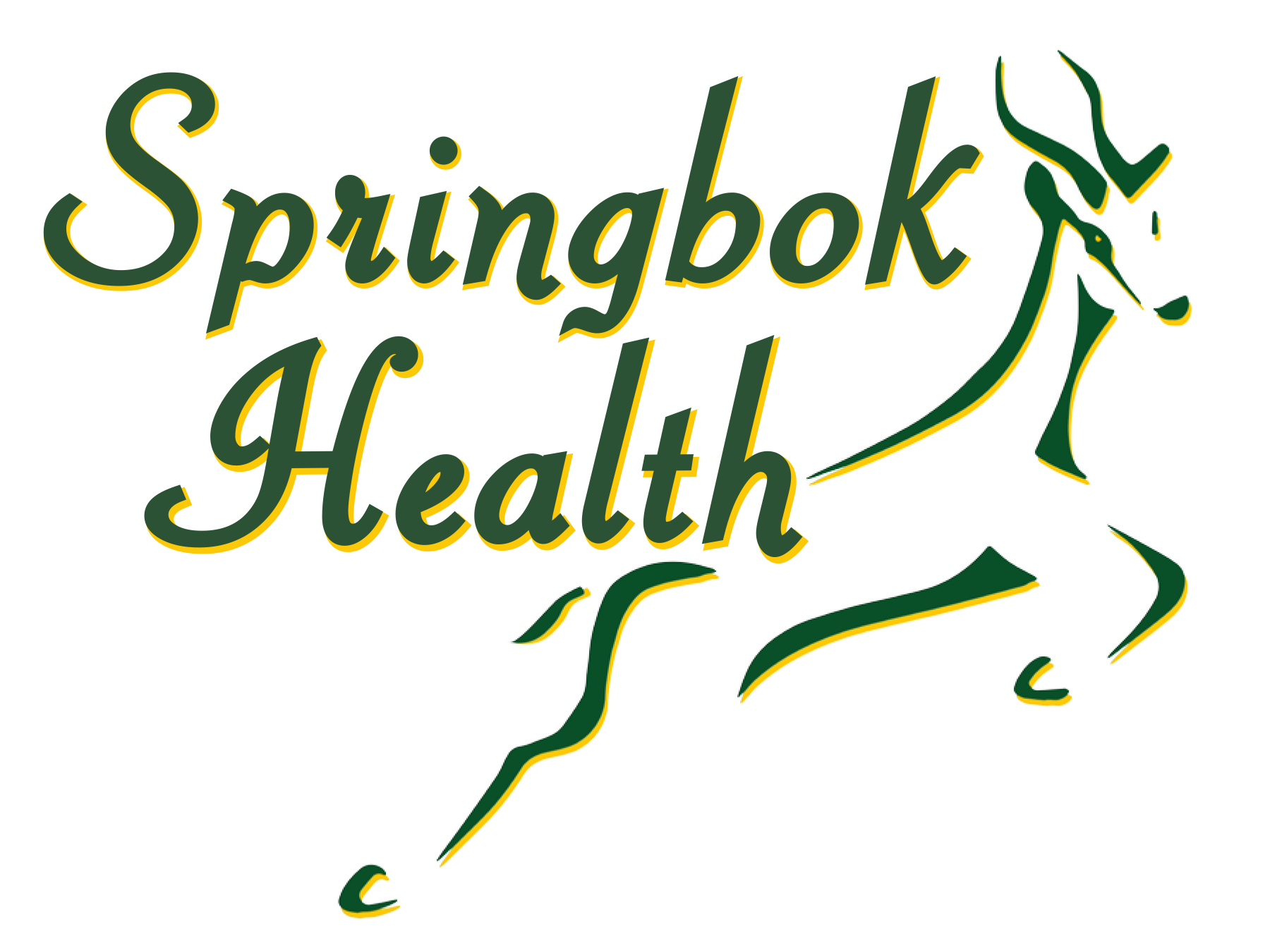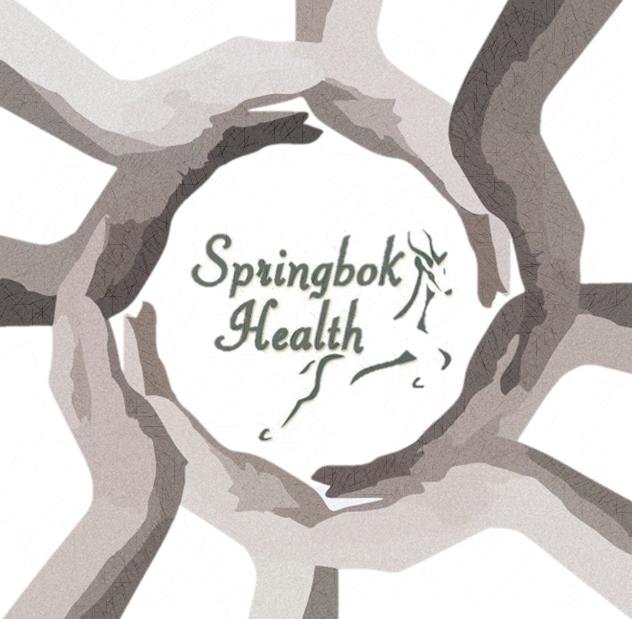This year marks a major milestone for Springbok Health — 10 years of serving our Colorado communities with compassionate, trauma-informed mental health care. As we celebrate a decade of impact, we’re proud to announce a major step forward: our new clinic in Englewood, Colorado opens this June!
From our beginnings we’ve grown because of the trust and support of the families and individuals we serve. This new office isn’t just about expansion — it’s about continuing our mission to make mental health care more accessible and inclusive for everyone.
What’s New at Springbok Health?
🟢 New Office in Englewood
Conveniently located at 450 W Jefferson Ave, our new clinic brings high-quality mental health care to even more communities in the Denver metro area.
🟢 Accepting More Insurances
We’re now credentialed with even more providers, over 30 companies, including:
✔️ Medicaid
✔️ Medicare
✔️ Tricare*
✔️ Most major commercial insurances
🟢 Expanded Access for All Ages
We proudly provide care for patients ages 5 and up, including children, teens, adults, and families.
🟢 Affordable Options
We continue to offer self-pay rates and a sliding fee scale, because cost should never be a barrier to care.
Looking Back, Looking Ahead
Over the last 10 years, we’ve grown from a small, passionate team into a trusted mental health provider with four locations across Colorado. Through it all, our values have stayed the same:
💚 Compassion
💚 Equity
💚 Cultural humility
💚 Deep respect for every patient’s unique journey
Whether you’re returning to care, looking for a new provider, or ready to take the first step — we’re here, and we’re ready to welcome you.
Thank you for being part of our journey.








